'Turkey seeks to gain upper hand in Syria peace talks'
A third round of talks aimed at finding a political solution to the conflict in Syria is underway in Kazakhstan's capital Astana. The armed opposition in Syria initially announced that it would not be participating in the talks over alleged violations of the ceasefire by Russia and the Syrian army. Head of the Syrian delegation to the talks Bashar al-Ja’afari, however, blamed Turkey for the militants’ failure to participate. The armed opposition later announced there was a change in decision and that they would participate in the talks. Press TV has talked to Omar Nashabe, from the Al-Akhbar Newspaper, as well as William Morris, secretary general of the Next Century Foundation, to get their opinions on this issue.
Omar Nashabe believes that Turkey has been keeping the Syrian opposition from attending the Astana talks and by doing so Ankara is trying to send a message that it is seeking a more powerful position vis-à-vis the Kurdish forces inside Syria.
He referred to the “foreseen proclamation” of Kurdistan as an independent state in northern Syria as the biggest threat facing Turkey today.
Moreover, the analyst mentioned, Turkey is not certain about the US stance on Syria given Washington’s support for the Kurds.
According to Nashabe, the strategic goal of Turkey in supporting Syrian opposition groups is to take over the northern city of Raqqah in order to gain the upper hand in the negotiations.
“They [the Turks] cannot move past the Kurds and the Syrian army to reach Raqqah. They will have to clash with other forces. And so I think these diplomatic discussions at this time are to improve the position of Turkey in order to clear the way for the taking over of Raqqah,” he stated.
Meanwhile, the other panelist, William Morris, said that contrary to militants’ claim that they boycotted the Astana discussion because of attacks on their positions in Homs, it is indeed Turkey that has instructed them to pull out of the talks.
Turkey is seeking to thwart the ceasefire talks because its desire to crush the Kurds has been foiled, he argued.
“The new situation is that if Turkey wishes to advance on Raqqah, it is going to have to confront units of the Syrian army rather than units of the PYD. And it is because of this thwarting of Turkey’s geopolitical situation that it has thrown a spanner in the works and has made it difficult for these groups to proceed in the ceasefire talks in Kazakhstan,” he said.
The analyst further predicted that there is not going to be any pressure on Turkey from the United States given the fact that the new US administration does not have a clear strategy yet and it will take a while for Trump to get his policy sorted out with regard to Daesh and Turkey.
He also opined that Turkey is part of the problem rather than the solution, arguing that Ankara has spent more time attacking the Kurds than fighting Daesh.
According to the analyst, Turkey has been very aggressive with regard to the Kurds in neighboring Syria and Iraq because it is worried about its Kurdish minority’s aspirations for independence.
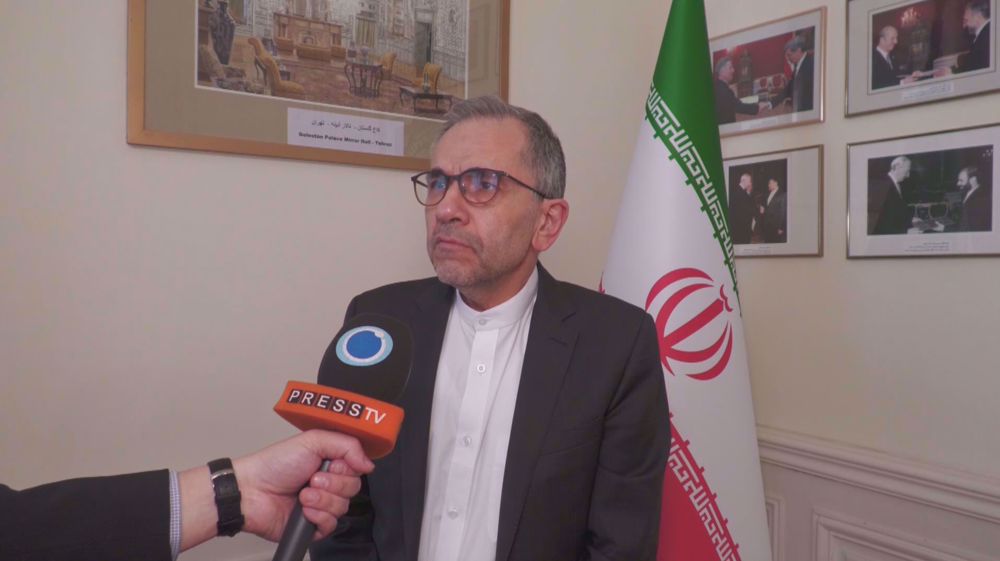
Press TV interviews Iran deputy FM on nuclear program, sanctions relief
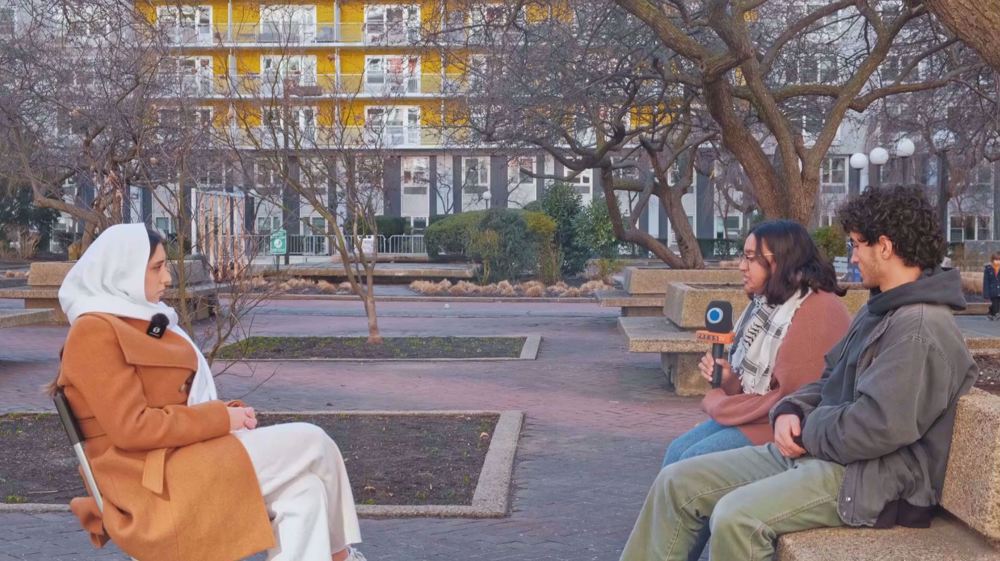
The price we paid for freedom

ICC's arrest warrant for Netanyahu to worry Western politicians: Former British diplomat
VIDEO | 80% of housing units in Gaza destroyed by Israeli airstrikes
VIDEO | Press TV's news headlines
VIDEO | German Muslims forced to pray on streets due to forced closure of mosque
VIDEO | New tragedy unfolds in Rafah as Israeli regime expands ground attacks in Gaza
VIDEO | 14 million youths in EU have poor mental health
VIDEO | Syrian protesters condemn Israeli aggression in Gaza
US judge rules for Mahmoud Khalil’s deportation over his pro-Palestinian views
VIDEO | Massive Friday protests in Yemen: Call for end to US, Israeli aggressions






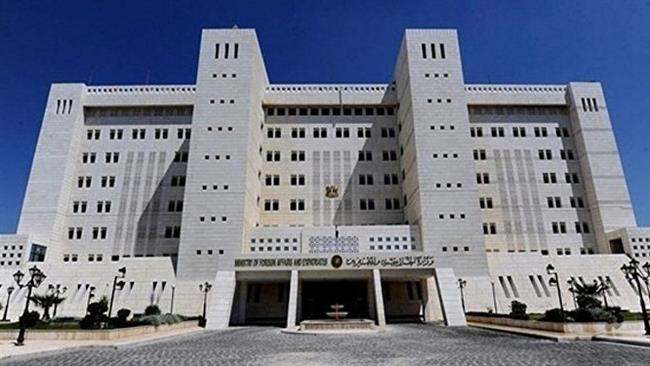

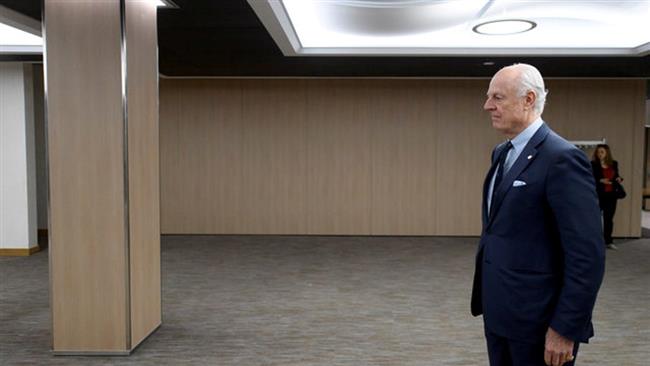
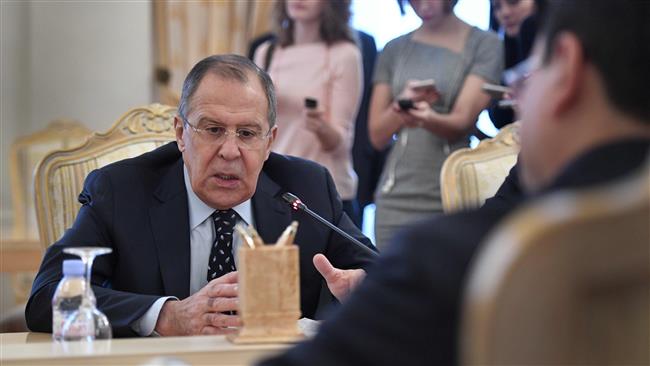

 This makes it easy to access the Press TV website
This makes it easy to access the Press TV website